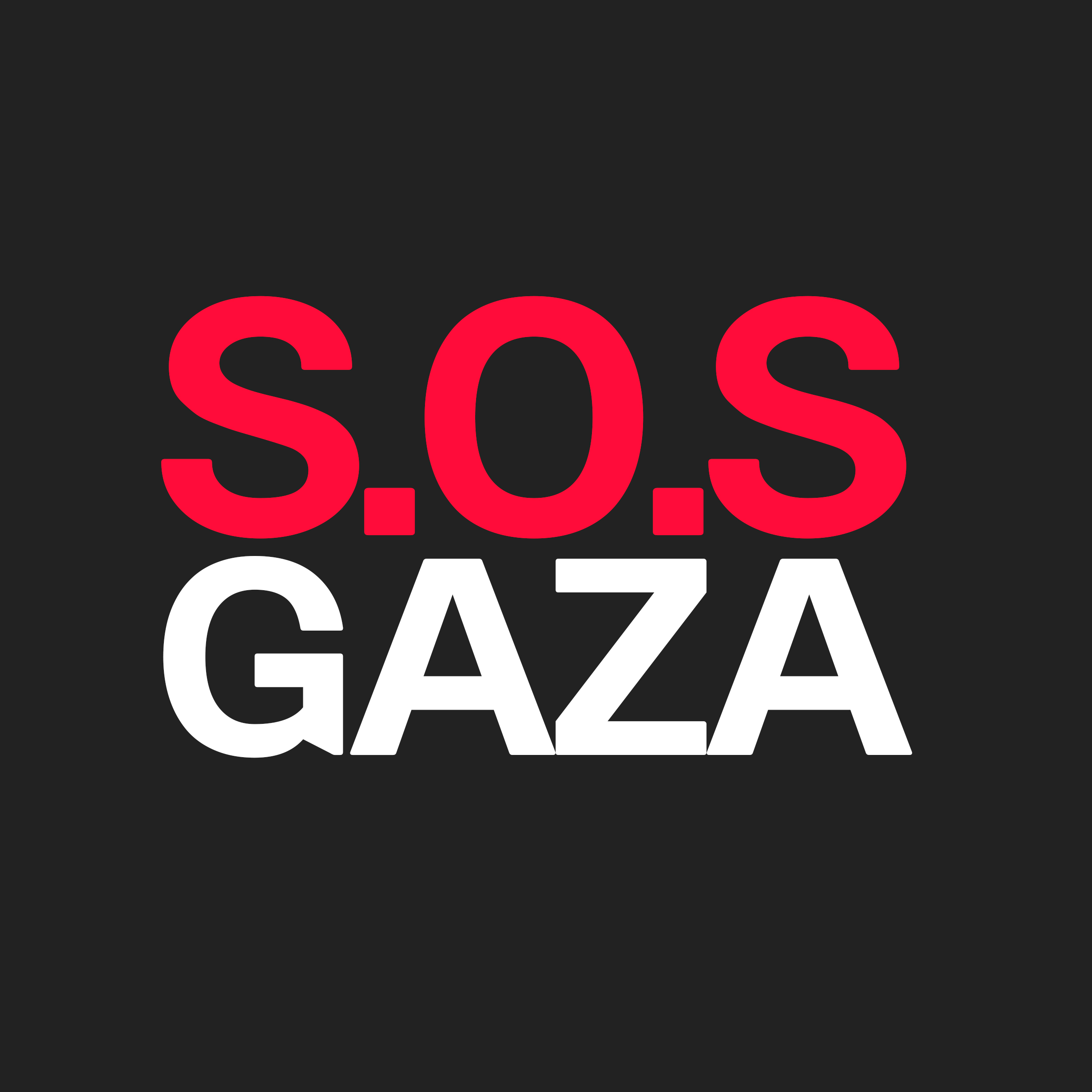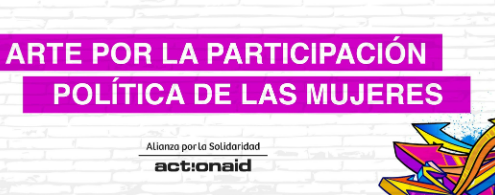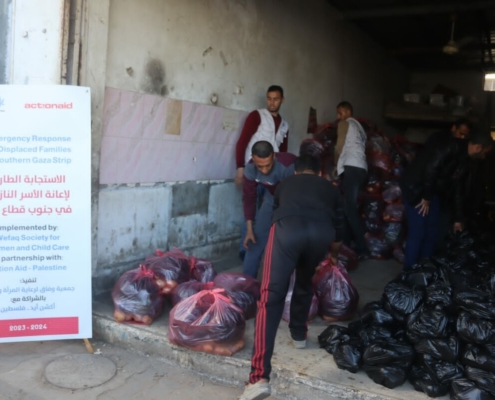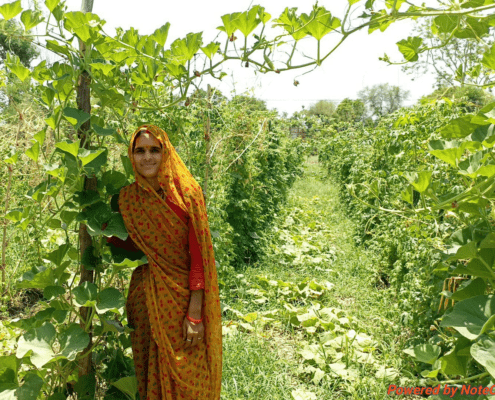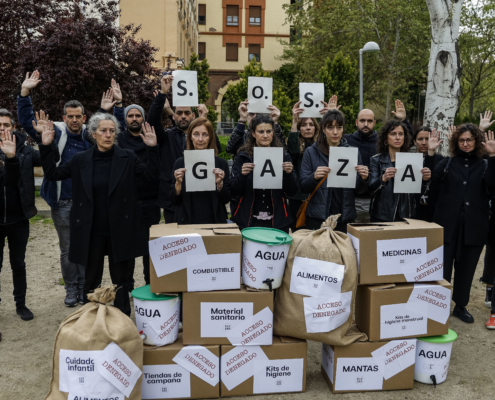 https://www.alianzaporlasolidaridad.org/axs2020/wp-content/uploads/ILP-regularizacion.jpg
960
1280
admin
https://www.alianzaporlasolidaridad.org/axs2020/wp-content/uploads/logotipo_alianza_solidaridad2.png
admin2024-04-16 16:17:092024-04-17 14:31:53Un paso más hacia la regularización de personas migrantes
https://www.alianzaporlasolidaridad.org/axs2020/wp-content/uploads/ILP-regularizacion.jpg
960
1280
admin
https://www.alianzaporlasolidaridad.org/axs2020/wp-content/uploads/logotipo_alianza_solidaridad2.png
admin2024-04-16 16:17:092024-04-17 14:31:53Un paso más hacia la regularización de personas migrantesQueremos transformar el mundo
Recibe historias inspiradoras de personas
decididas a cambiar las reglas del juego.
CONTACTO
915 98 62 90
G78426558 · Registro nº 373 de Fundaciones del Ministerio de Educación · © Alianza por la Solidaridad · Aviso Legal · Privacidad · Política de cookies


